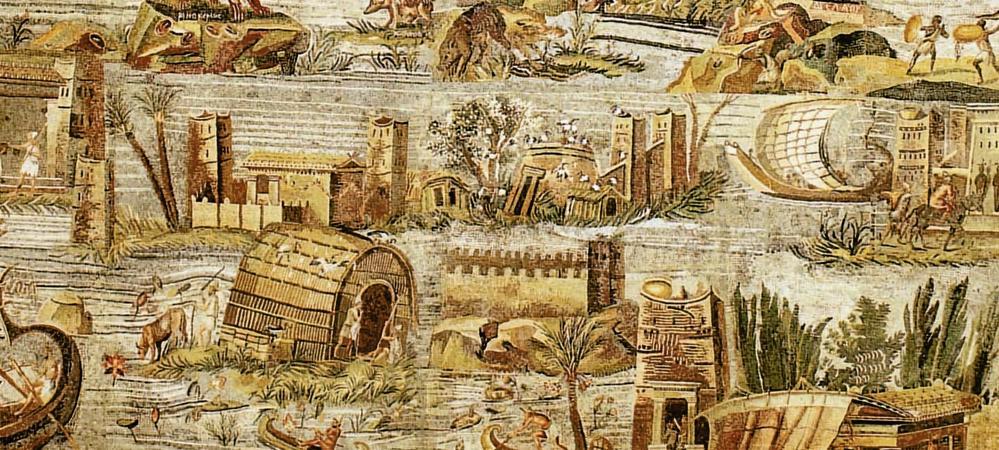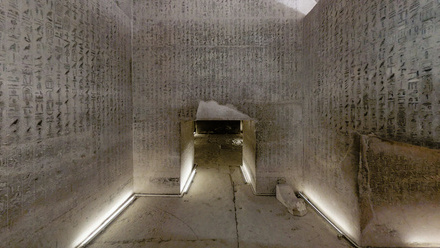Recordings will be made available for those unable to attend the live sessions!
This course will explore a relatively under-studied aspect of Pharaonic history, namely the development of urbanism in the Egyptian Nile Delta. This was a crucial part of the Pharaonic state and housed many of the most important settlements throughout the Pharaonic Period, but has historically taken a backseat to studies focusing on tombs and temples in the Nile Valley and settlements such as Deir el-Medina and Tell el-Amarna.
The course will chart the development of key settlement sites in the Nile Delta from the Predynastic Period (c. 5000 BCE-3100 BCE) to the end of the Ptolemaic Period (305 BCE-30 BCE). Participants will come away from the course with a deeper understanding of the development of ancient Egyptian cities and settlements and how political and economic changes impacted urban development.
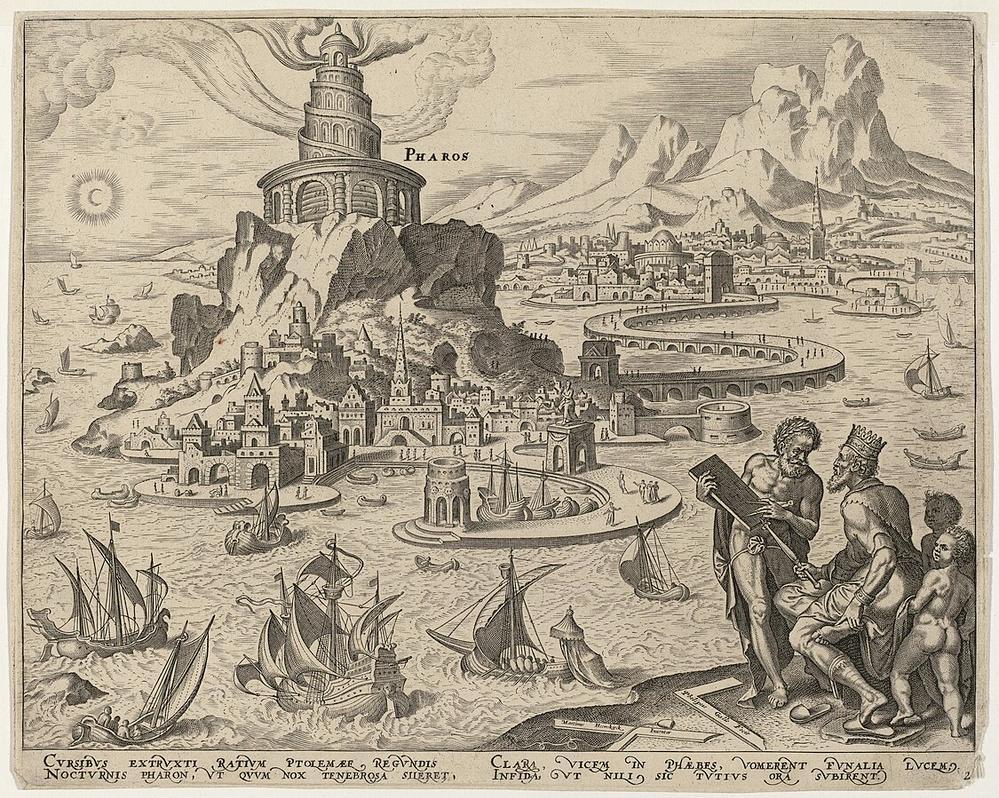

This course assumes some basic knowledge of Egypt, including an understanding of ancient Egyptian history and geography. The course will be of interest to those who enjoy Egyptian or Greek history, art and material culture, looking to gain further knowledge on this particular topic. For attendees to our Study Day, Delta Dynasties: Cities of Power in Ancient Egypt, this will be a thorough expansion of settlement history in the Nile Delta.
Tutor
Course Outline
Please note that main content will be delivered between 18:00-19:30, though some optional participation (quizzes, Q&A, etc.) may continue beyond that time.
Thursday 29 January 2026, 18:00-19:30 (UK time)
Week One - The Nile Delta in the Predynastic Period and Old Kingdom
This class will focus on the earliest evidence of urbanism in the Nile Delta and sites such as Tell el-Farkha. It will also explore settlement patterns from the Predynastic to the Early Dynastic. It will explore the archaeological evidence for Old Kingdom settlements such as Kom Firin as well.
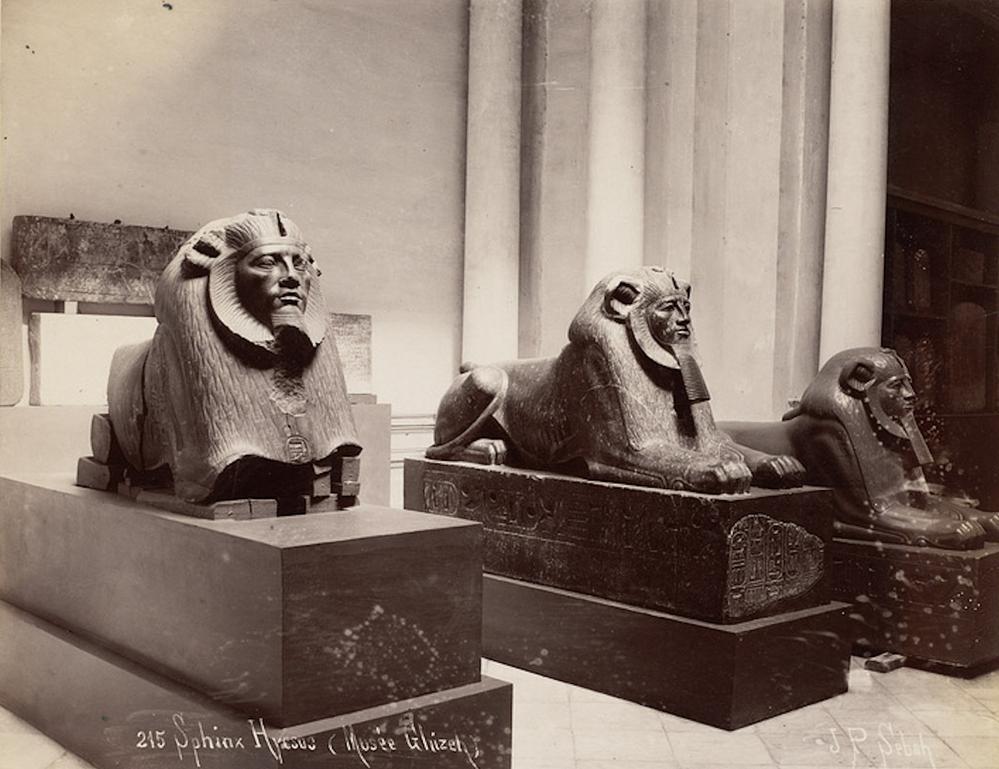
Thursday 5 February 2026, 18:00-19:30 (UK time)
Week Two - The Era of State Sponsored Settlements in the Nile Delta
This class will focus in particular on settlement development in the Eastern Nile Delta in particular at Tell el-Dab’a and surrounding sites such as Ezbet Rushdi. It will also explore the post-Hyksos building activity at Tell el-Dab’a during the early 18th Dynasty.
Thursday 12 February 2026, 18:00-19:30 (UK time)
Week Three - The Cities of Ramesses
While focusing on the development of the Delta residence of the Ramesside rulers at Piramesses (and its excavation history), this class will also explore other key Ramesside sites in the Nile Delta including the site of Kom Firin in the Western Nile Delta.
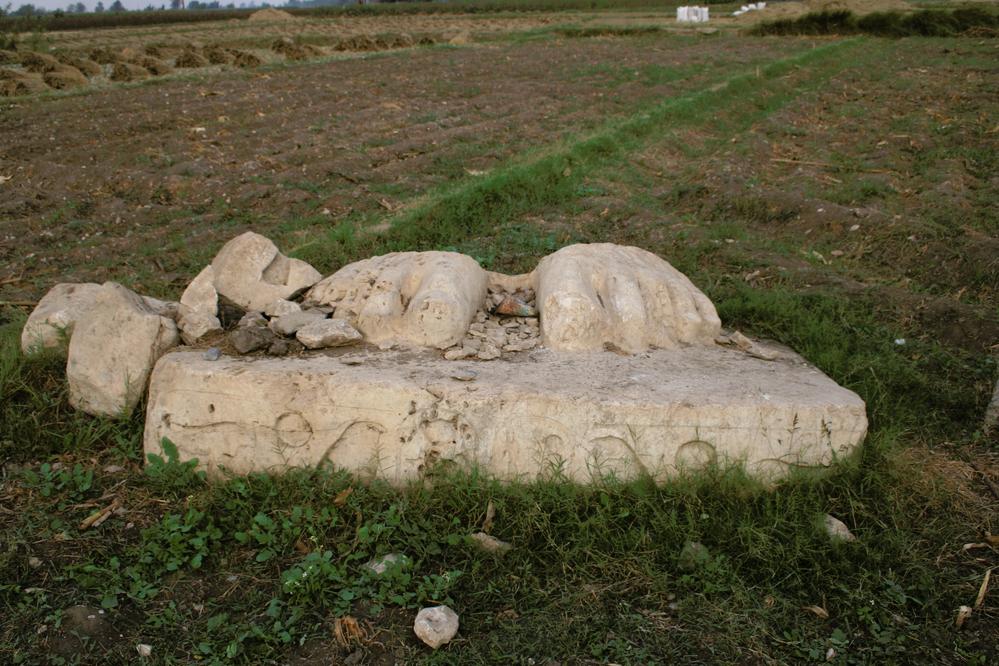
Thursday 19 February 2026, 18:00-19:30 (UK time)
Week Four - The Land of Capitals
This class will focus on the Third Intermediate Period, in particular the sites of Tanis and Bubastis, as well as Late Period settlements at Sais, Mendes and at the site of Tell Nabasha in the eastern Nile Delta.
Thursday 26 February 2026, 18:00-19:30 (UK time)
Week Five - The Emporium of the World
While focusing on the key settlement of Alexandria, this class will also explore other important Ptolemaic settlements in the Nile Delta, such as Tell Timai but also the Ptolemaic evidence from Tell Nabasha, including the recently discovered copy of the Canopus Decree.
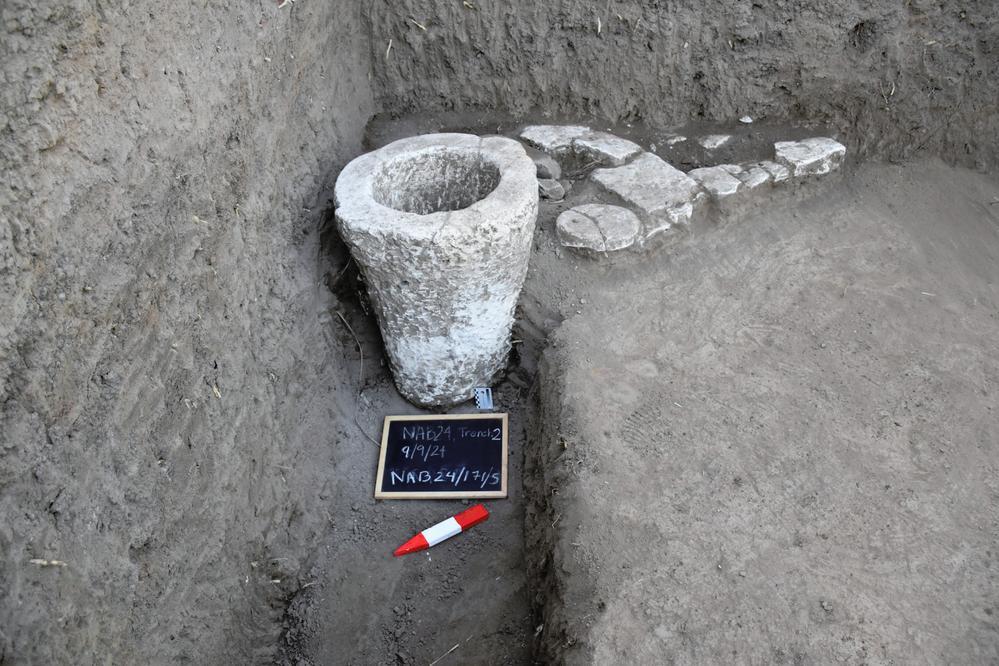
Booking and information
Register for your place in advance using the link below. Here, you can select to pay for optional add-ons. You can buy a personalised certificate for £5.99, featuring your name, the event name and start date, which will be signed by the EES Engagement Manager to confirm your attendance at this online course.
After registering, you will receive a confirmation email containing information about your booking. If you do not receive your email, then please check your junk folders before contacting the Egypt Exploration Society. The course will be held on our Zoom platform and attendees will be able to interact by asking questions, using the chat and polls. It is not necessary to have a working webcam or microphone for this course. The online course will be complemented by Google Drive, where resources will be uploaded.
Recordings will be made available for those unable to attend the live sessions! These recordings will be available via a YouTube playlist for approximately one month after the final class.
Please ensure that you have read our guide to attending EES events before the course begins.
